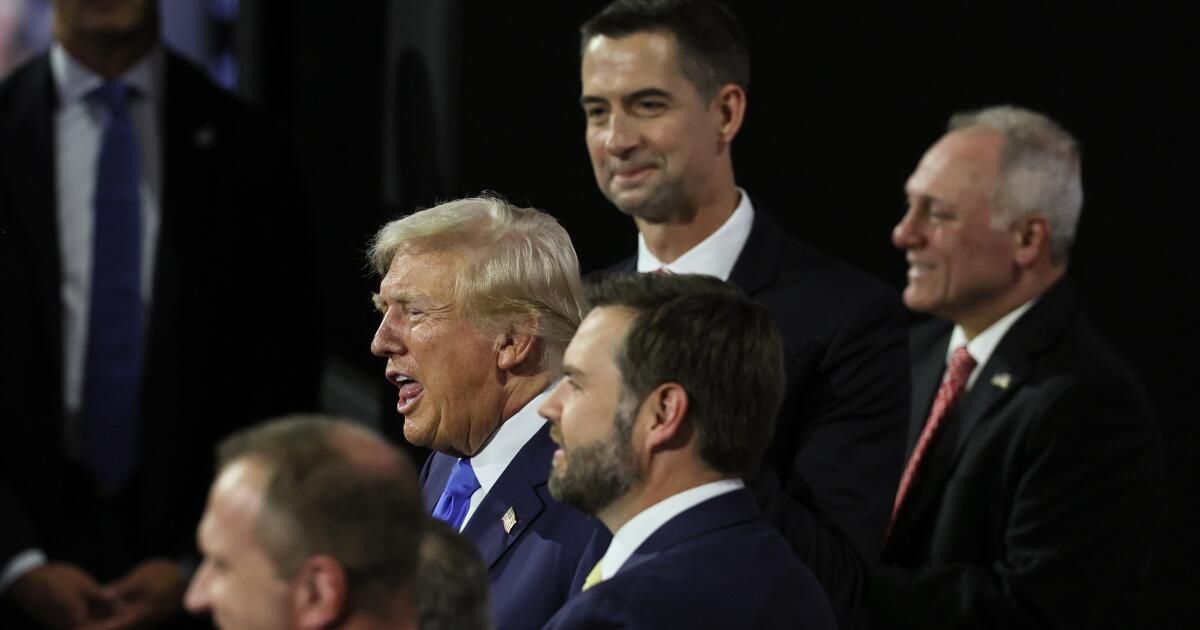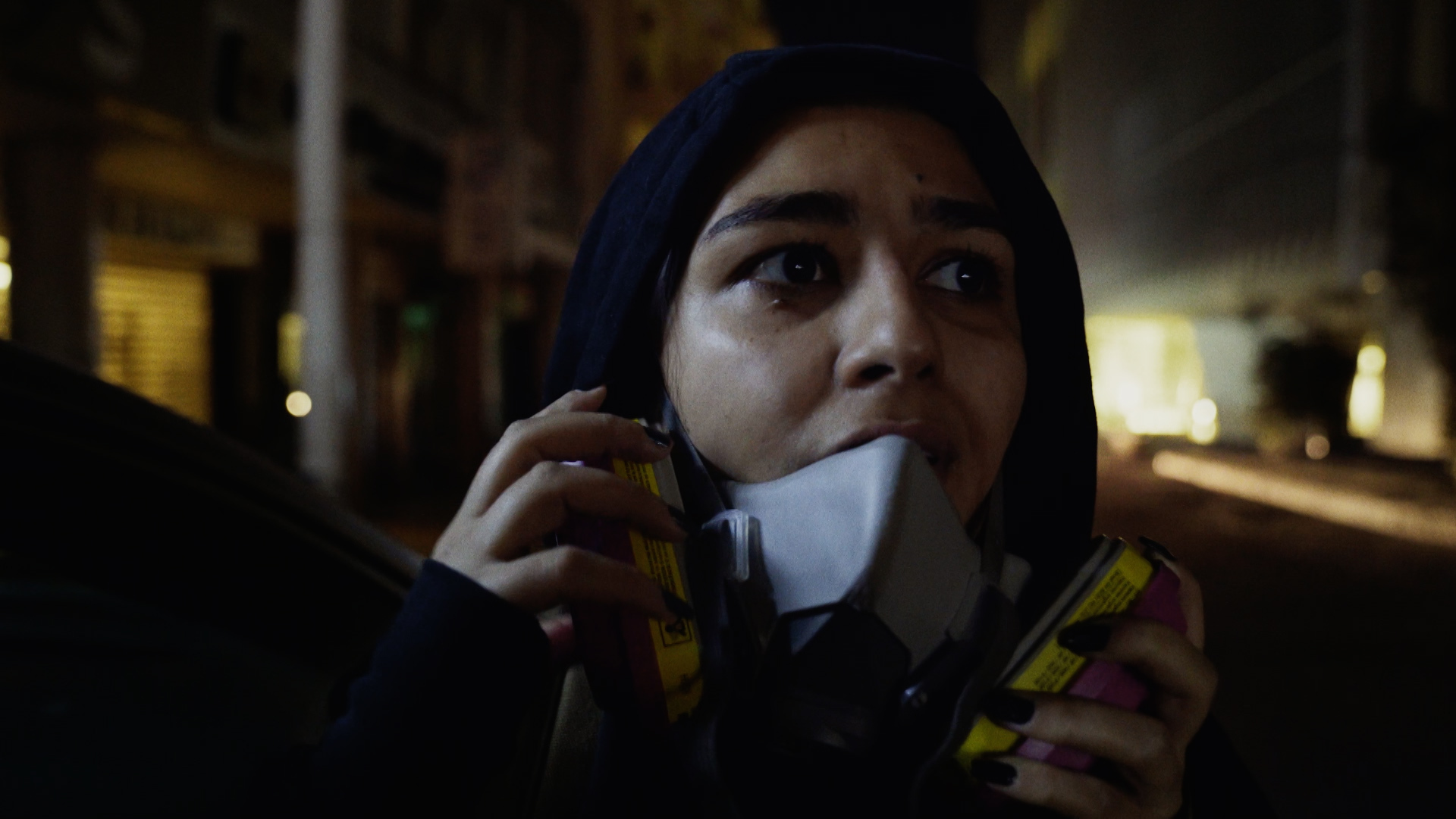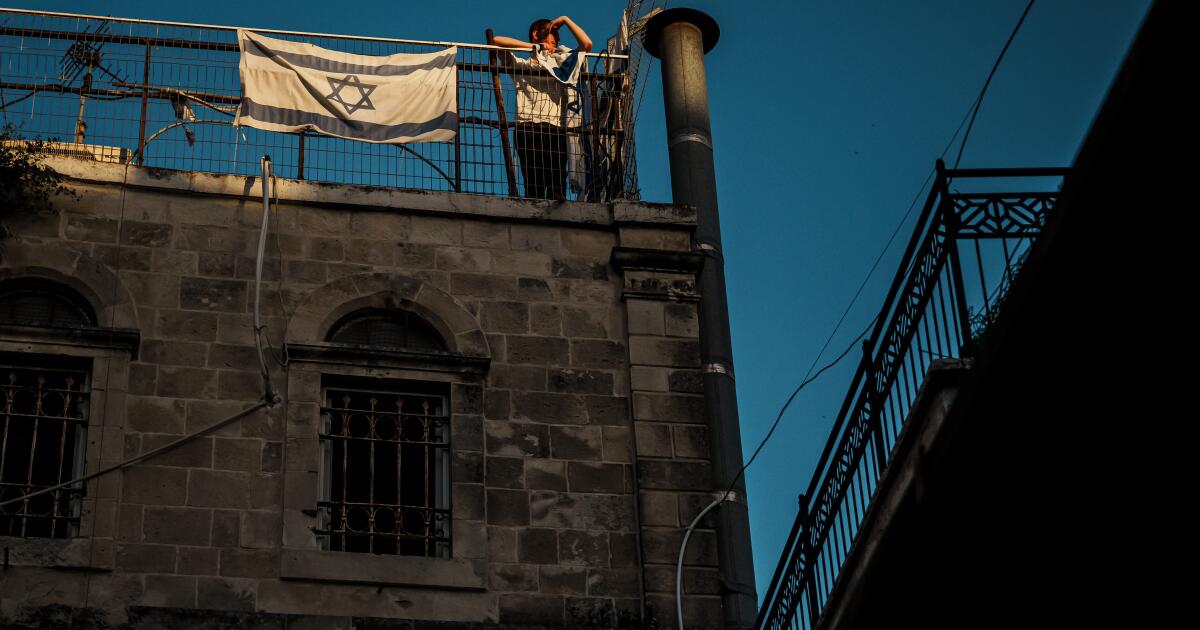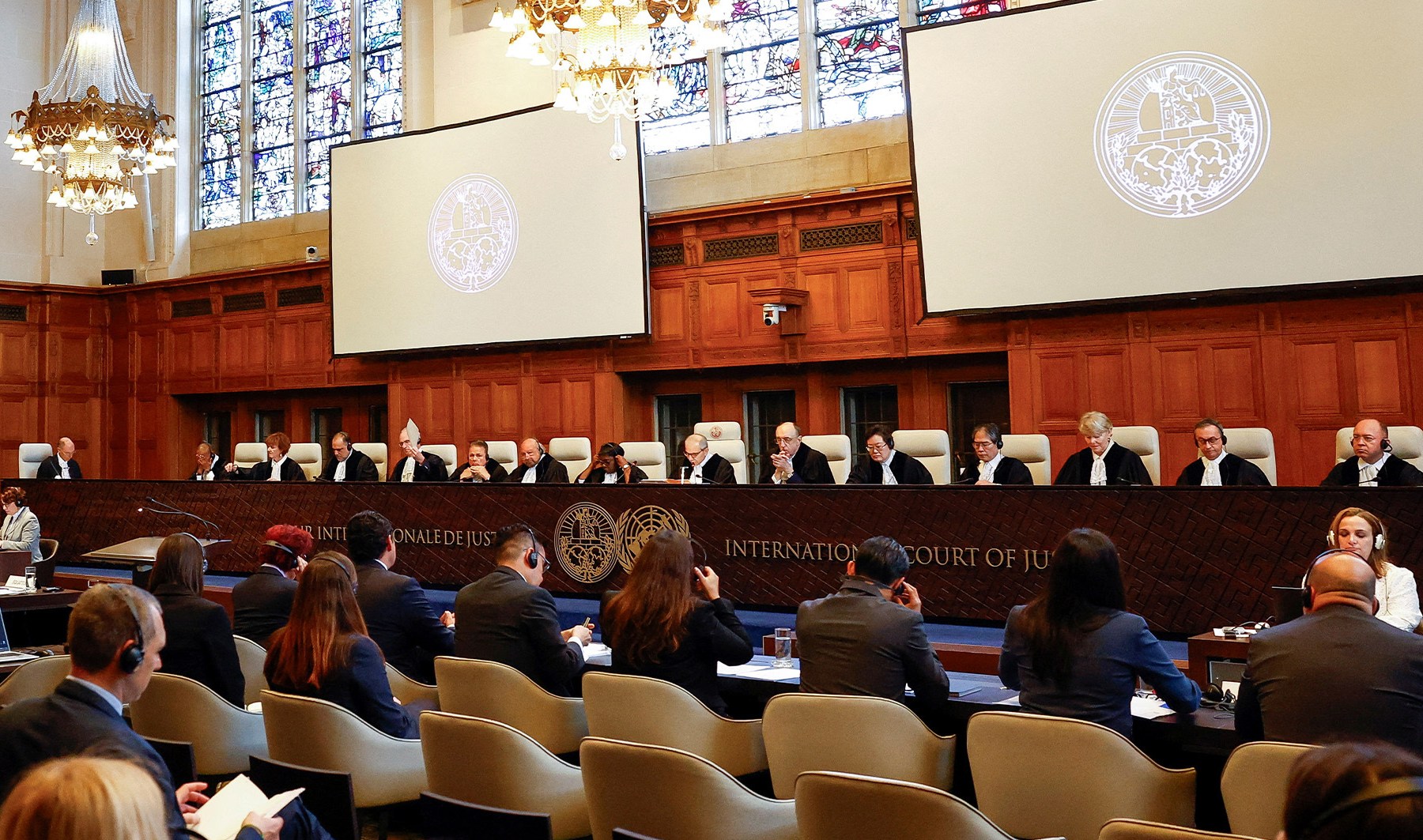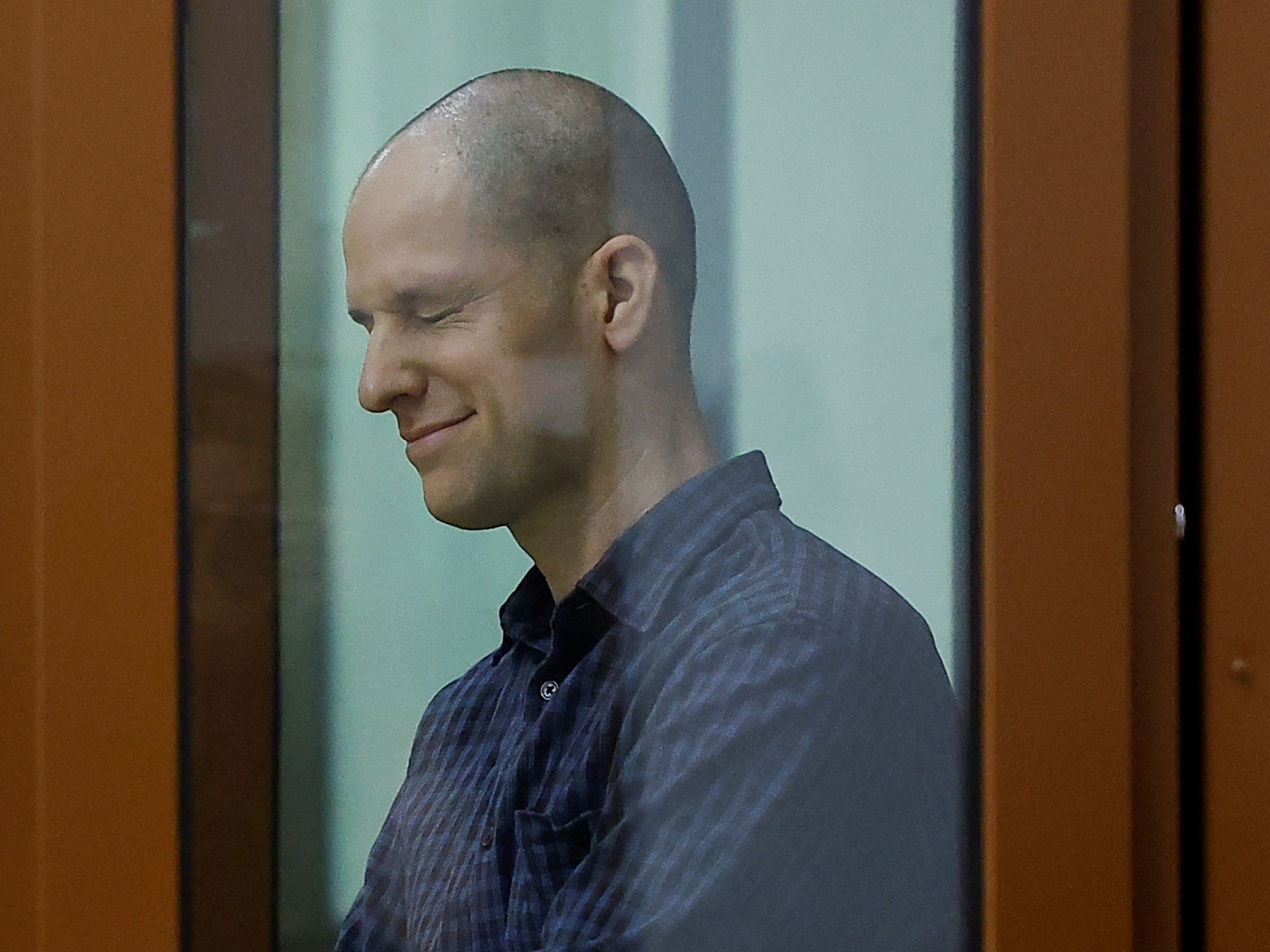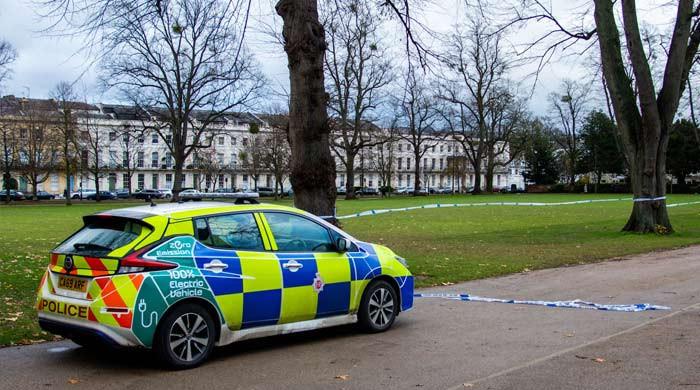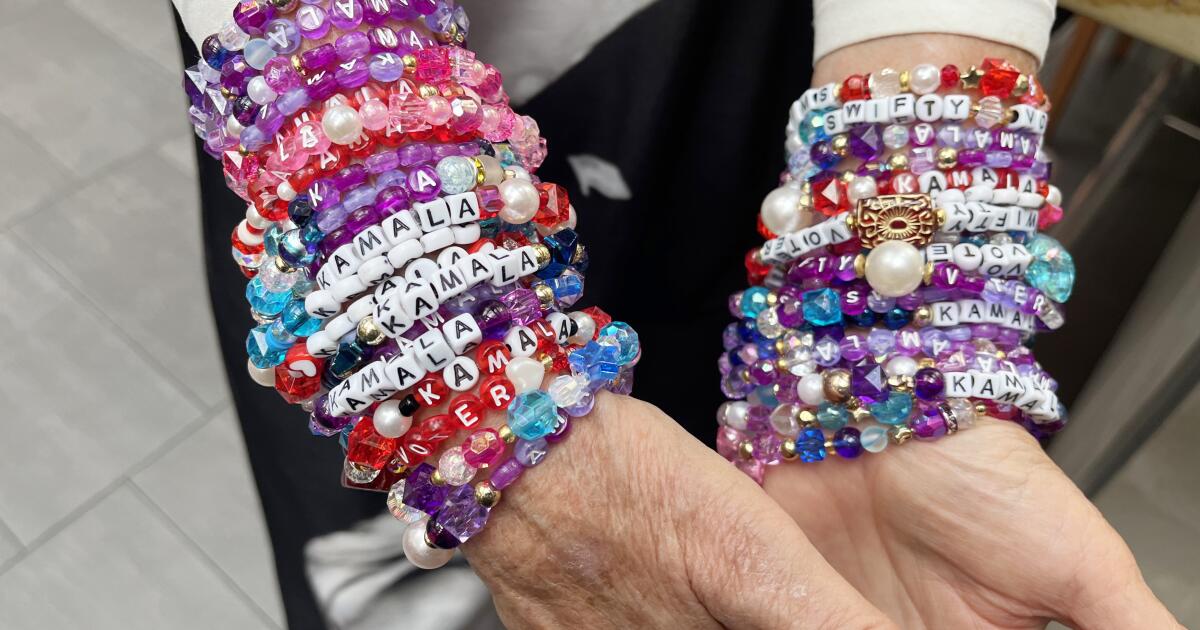By necessity in wartime, Ukrainians tend to be keen observers of American politics, and for the Ukrainian government — as well as its European allies — the tumult of this American campaign season is viewed with growing alarm.
Those concerns were crystallized this week with the selection of JD Vance, a vocal critic of U.S. aid to Ukraine, as former President Trump's running mate.
Over the past two and a half years, as Ukraine struggled to defend itself against a Russian attack, billions of dollars in military aid from the United States and its European allies has been a crucial lifeline. Now, the prospects for long-term support look bleaker than at any point in the war.
“There was already considerable concern about the durability of the future US engagement with Ukraine and, more broadly, the engagement with NATO,” said Ian Lesser, a distinguished fellow at the German Marshall Fund in Brussels.
Vance’s selection as the No. 2 Republican running mate, he said, “will only reinforce those concerns.”
In public, Ukrainian President Volodymyr Zelensky has expressed confidence that his government will be able to weather any storm that comes. On Monday, he told reporters in kyiv that “we will work together” with any American leader.
Some in Zelensky's circle are already pointing out that a vice president's foreign policy views traditionally carry little weight in U.S. administrations, and that if Trump were elected, his voice would be the only one that counts.
U.S. President Joe Biden (L) and Ukrainian President Volodymyr Zelensky attend an event on the sidelines of the NATO summit in Washington last week. Biden launched the Ukraine Compact, which was signed by 25 countries and the European Union, as part of a commitment to Ukraine's long-term security.
(Susan Walsh/Associated Press)
But many close observers of the war in Ukraine believe that a Vance vice presidency, if it were to come about, would serve to amplify what analyst Jessica Berlin called Trump’s “worst impulses,” including a notable willingness to take a benign view of Russian President Vladimir Putin.
Vance is “an outspoken advocate of pro-Russian and pro-Putin policies,” said Berlin, a fellow at the Center for European Policy Analysis. “And he is particularly dangerous because he is a sharper communicator than Trump.”
Like Trump, his running mate has called for a quick end to the war, which Zelensky's camp sees as code for demanding he cede territory to Russia, condemning Ukrainian citizens in occupied cities, towns and villages to a brutal fate.
In February, Vance surprised some attendees at the Munich Security Conference, a landmark meeting for the Western foreign policy establishment, by downplaying the Russian threat to Europe and showing no interest in engaging with those who wanted to talk about why a Russian victory would be so dangerous.
Though it received little attention at the time, one particularly harsh comment from Vance — then in the midst of what would prove to be a successful campaign to represent Ohio in the U.S. Senate — still rankles Ukraine supporters.
“I don’t really care what happens to Ukraine one way or the other,” he said in a 2022 podcast interview with Trump ally Steve Bannon that aired just two days before Russia’s full-scale invasion began.
For Ukraine supporters, Vance’s selection is also a reminder of his prominent role in a congressional battle that resulted in a six-month delay in passing a $61 billion U.S. aid package — a stalemate that was broken in April when House Speaker Mike Johnson (R-La.) allowed a vote to release the aid.
At the time, Ukraine hoped the long delay, the ramifications of which are still being felt on the battlefield, was an aberration that did not reflect continued public U.S. support for the Ukrainian cause.
Even before Vance joined the Republican ticket, the Democratic infighting over whether age and illness should bar President Biden from serving another term had been causing jitters in Europe, though allied leaders have carefully refrained from any public expression of concern about Biden’s fitness to run.
But the triumphant spectacle of this week’s Republican convention — coming on the heels of an assassination attempt on Trump at a rally in Pennsylvania — coincided with quiet efforts by some key European leaders to avoid being caught off guard if events appeared to be tilting in the former president’s favor.
In Germany, for example, Chancellor Olaf Scholz's center-left party sent a delegation to the Republican convention in Milwaukee to gauge the mood.
“We want to be better prepared for a possible Trump victory than we were eight years ago,” the party's foreign policy spokesman, Nils Schmid, told German broadcaster RND.
Sitting European leaders, with a few exceptions, are typically cautious about U.S. domestic politics, but past ones offered some scathing comments on Vance's selection.
“More champagne uncorked in the Kremlin,” wrote Guy Verhofstadt, a former Belgian prime minister, on Tuesday in X about the new vice-presidential candidate.
Some Ukrainians expressed hope that Vance, a former U.S. Marine, might change his stance on the conflict if they could show him personally what was at stake. After all, they reasoned, the one-time “Never Trumper” had changed his mind about the former president.
“We have to try to convince him,” Yevhen Mahda, executive director of the Institute of World Politics, a kyiv-based think tank, told the BBC. “He fought in Iraq, so he should be invited to Ukraine so he can see with his own eyes what is happening and how American money is being spent.”
But among Europe's far right, Vance's selection has revived hopes that if Trump were elected, figures like Hungarian Prime Minister Viktor Orbán, who has repeatedly sought to overturn European support for kyiv, would have a powerful new ally in Washington.
“A Trump-Vance administration sounds perfect,” Orbán’s political adviser Balazs Orbán, who is not related to the prime minister, wrote on X. “Vance is definitely the best option.”

